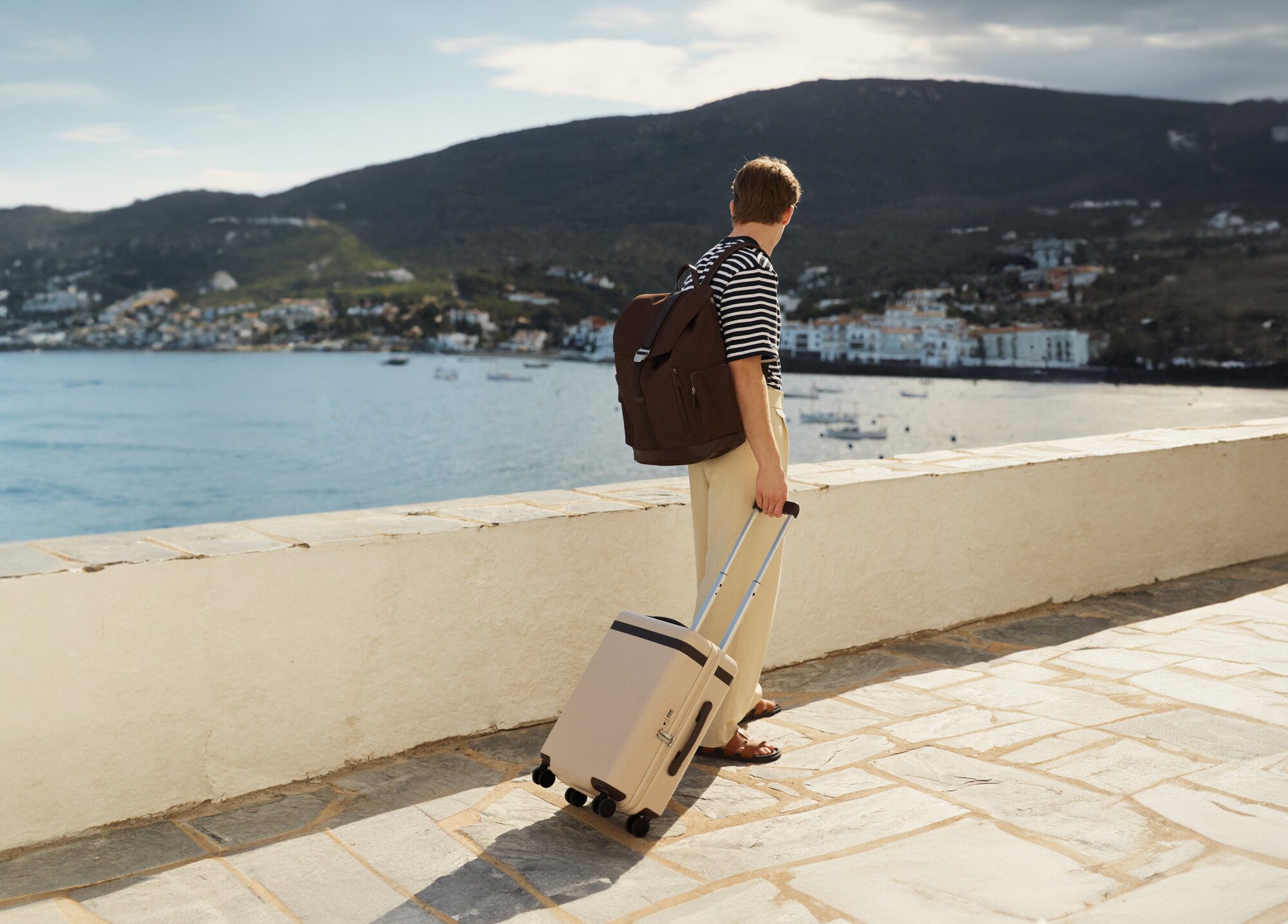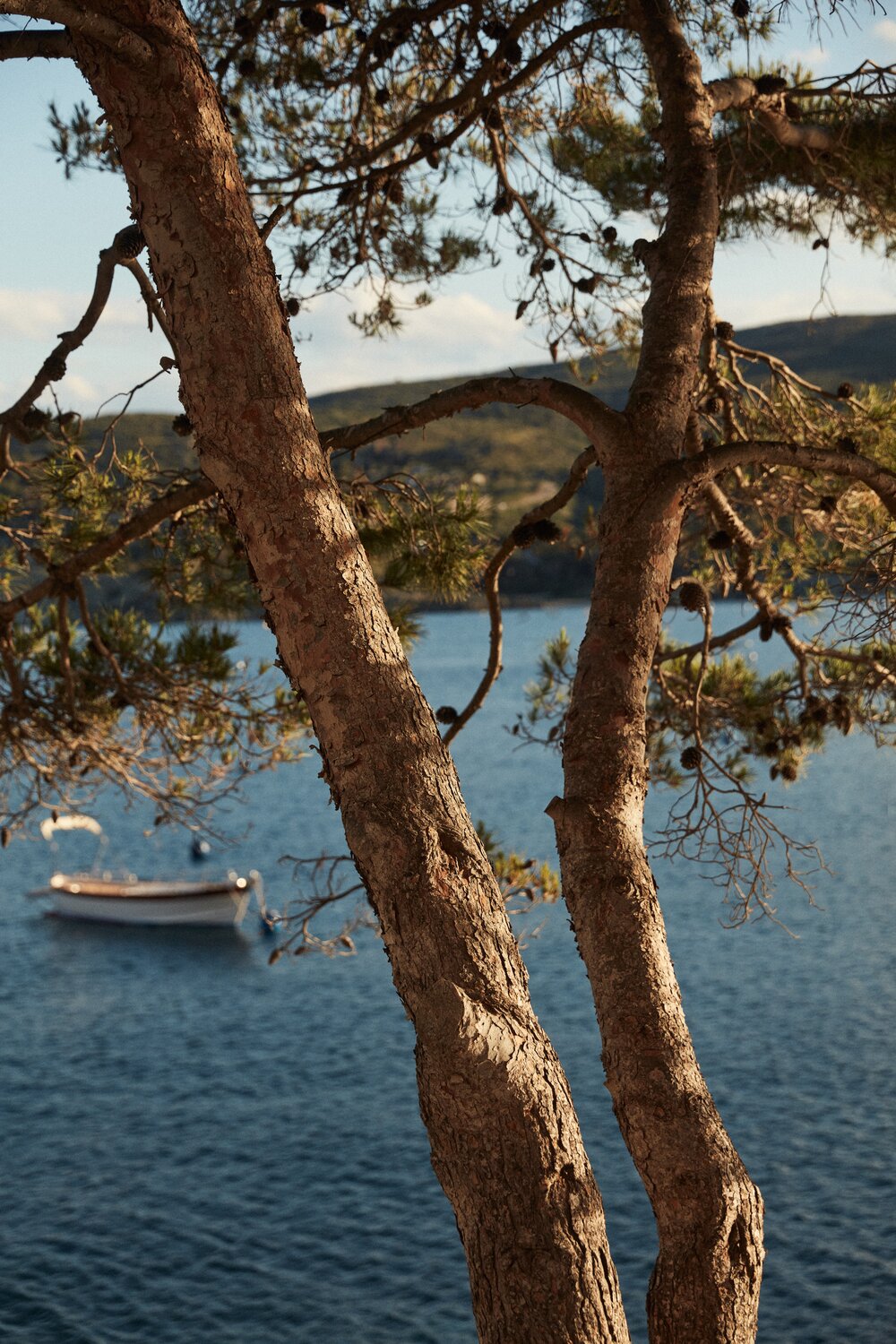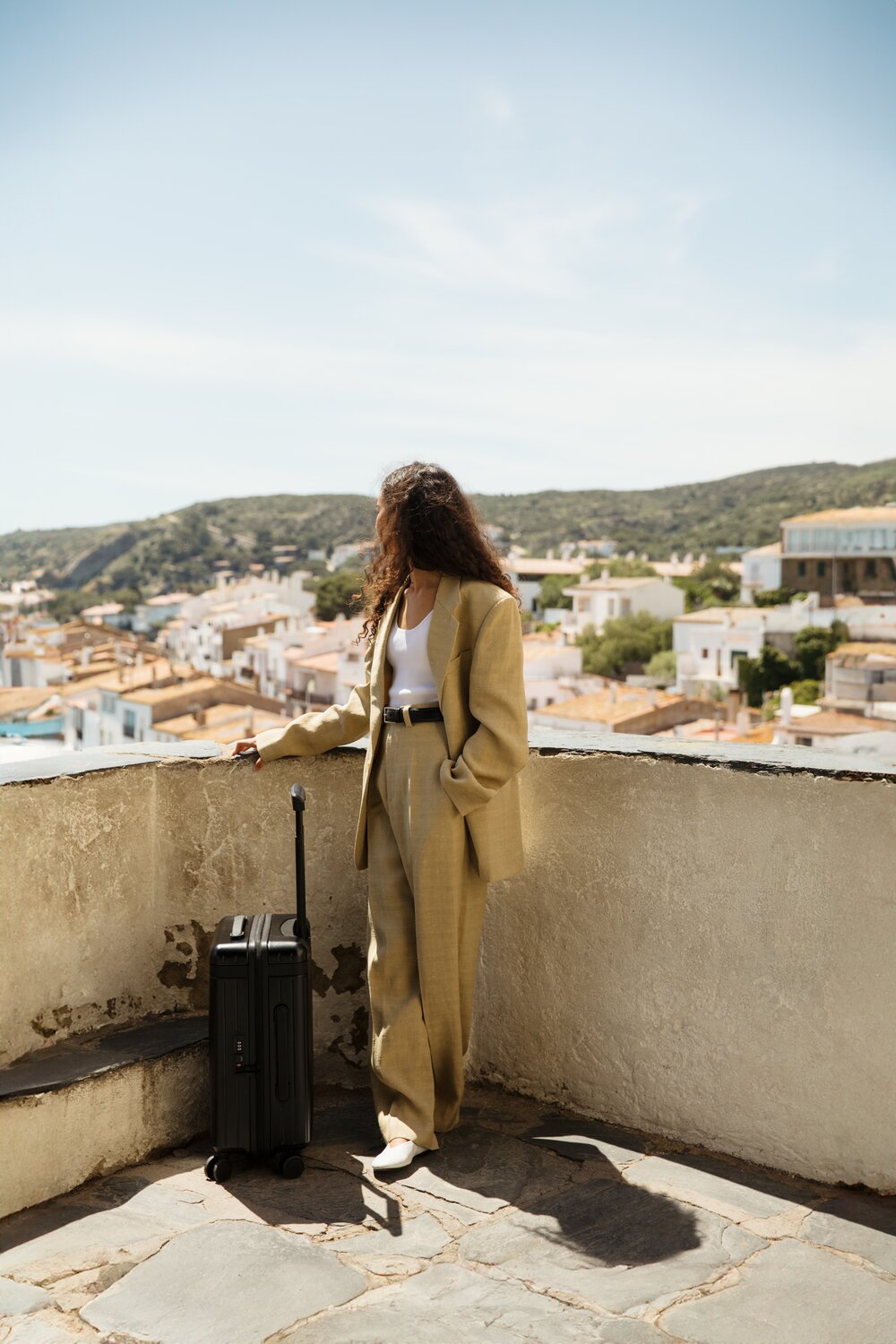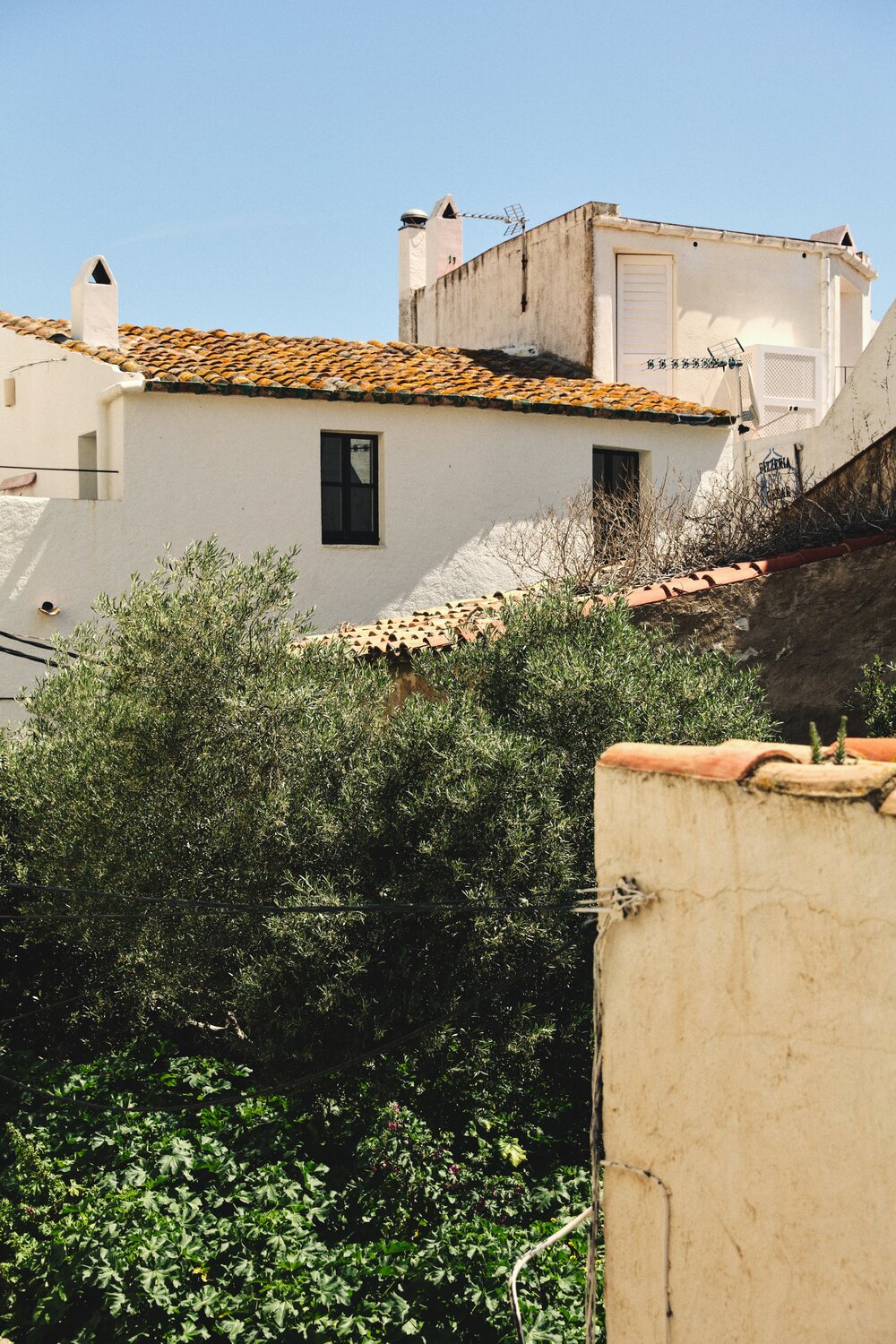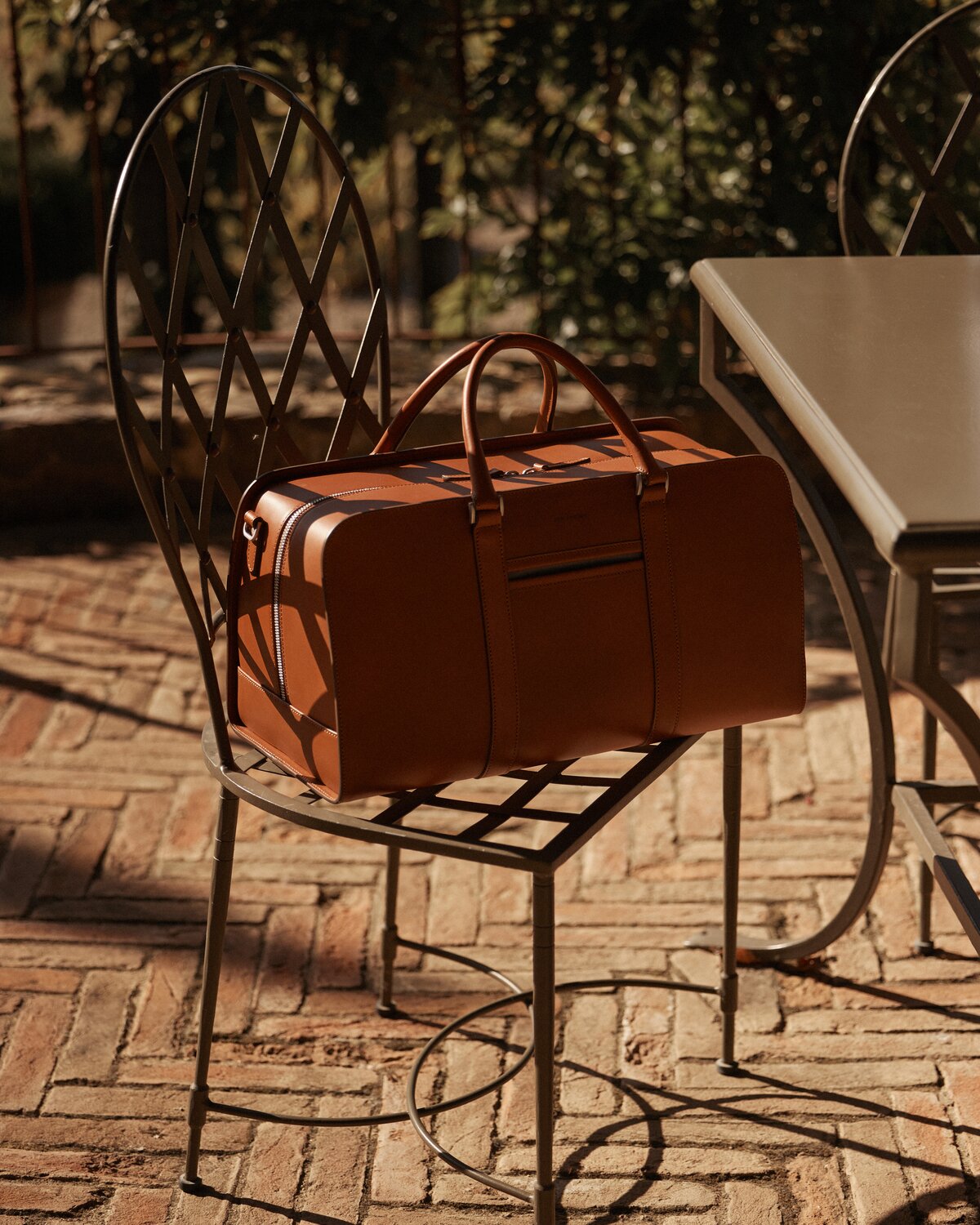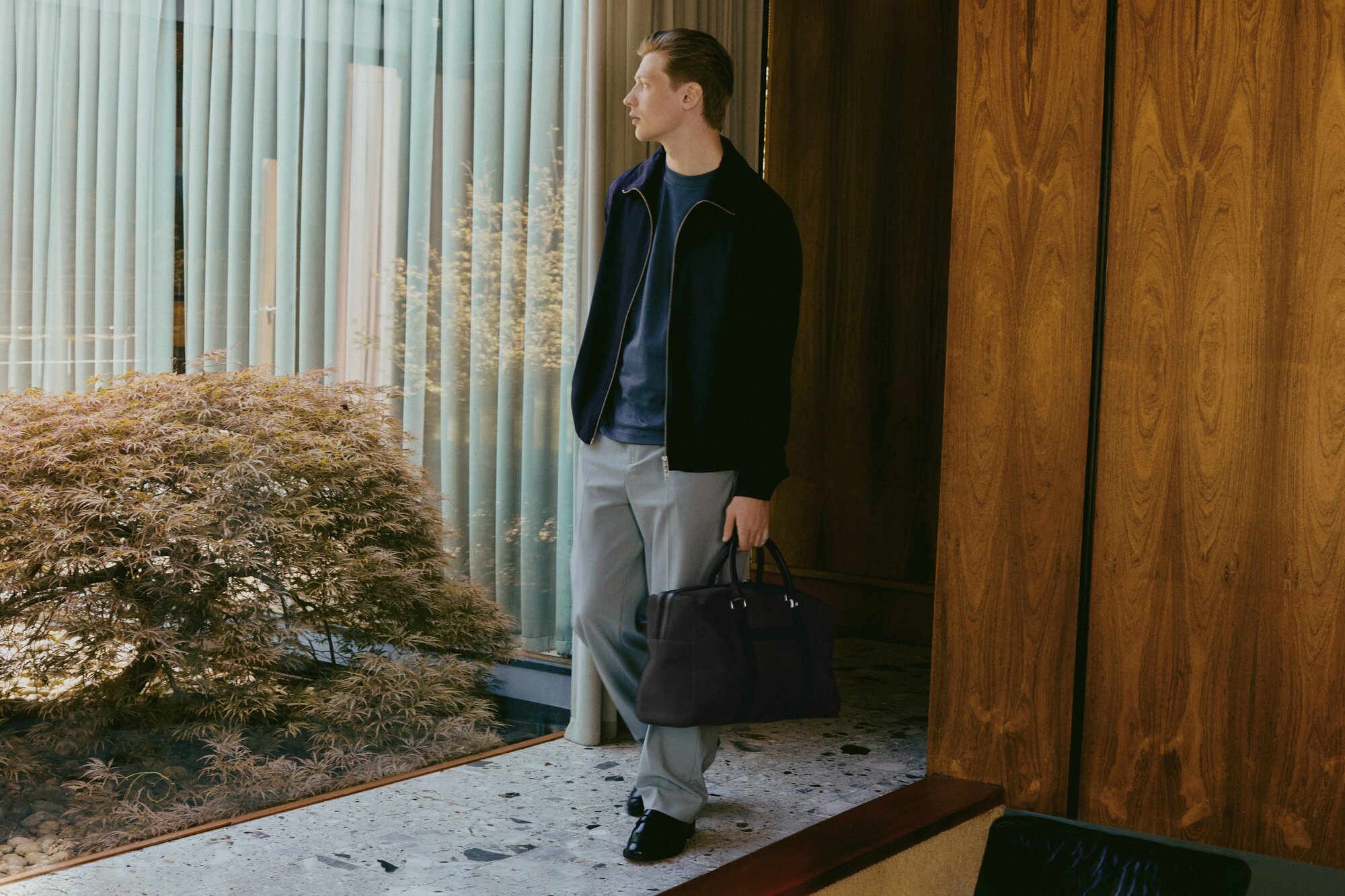Because simply getting your head down is starting to become a key reason to go away, with sleep-inducing hotels providing everything you need to catch forty winks — and leave your trip feeling refreshed and revitalised.
In this piece, we’ll get to the heart of sleep tourism and why hitting the hay on holiday is more in vogue than ever before.
Contents
What is sleep tourism?
Why is sleep tourism popular now?
Benefits of sleep tourism
Sleep tourism locations
Carl Friedrik luggage
The Carry-on
What is sleep tourism?
Recent research by the National Sleep Foundation suggests up to 70 million Americans suffer from sleep disorders. In fact, across the globe, many are struggling to get their recommended 8 hours of shut-eye.
Sleep tourism essentially looks to address this issue. It involves holiday-goers using their leisure time to catch up on missed sleep and learn healthy habits to implement moving forward. This tends to mean visiting a rest-oriented hotel or retreat where every meal, furniture fitting, treatment or scent is siesta-inducing.
It’s a strand of wellness tourism that completely rewrites the holiday playbook. Think about your typical vacation tendencies. Rich food, alcohol and late-night festivities are anathema to a good night’s kip. Which essentially defeats the point of us getting away from the 9-5 to ‘rest up’.
Sleep-focused hotels buck the trend, collaborating with medical professionals to offer holistic packages with pillow time in mind. What does this include? Sleep-enticing meditation or treatments, nutritional dining options, scented pillow mists, the latest in AI-driven mattress technology and expert talks on the psychology of sleep to name just a few services and amenities. Hotels are really pushing the boat out to offer unique experiences in the name of slumber. Dolomitic sleep rituals anyone?
Why is sleep tourism popular now?
It’s no secret that proper sleep is essential for us to function and be happy in day-to-day life. But why are travellers increasingly seeing it as something to prioritise on their precious holiday time?
One reason is the Covid-19 pandemic, which led to a global upturn in people sleeping poorly: ‘Covid-somnia’, as it’s been labelled. Couple with this is a collective wellness shift in past decades, buoyed by well-publicised initiatives like Sleep Awareness Month. The tourism industry has identified this demand and responded quickly, with a burgeoning number of hotels listing sleep-related services in the last few years.
Sleep tourism is now seeping into the mainstream. Google Trends data shows that searches for the term hit a five-year peak in March 2023.
Benefits of sleep tourism
It’s best to start by looking at the negative effects of poor sleep. From exhaustion to poor mental health and the exacerbating impact on prevalent issues like diabetes and obesity, not getting enough rest is cause for concern. In fact, the global exhaustion economy — comprised of underproductive workers with poor health — is rapidly rising. Some believe sleep tourism has a role to play in containing it.
On a rudimentary level, sleep tourism allows overworked workers to catch up on the Zzzs they’ve been missing due to work-or-otherwise-induced stress. In a modern world characterised by dynamism and movement, it really pays to sit back and reset. In fact, good sleep lowers the risk of serious health problems, reduces stress and generally improves your mood: all imperatives for productive workers.
However, when the holiday is over and the inbox starts piling up again, is there any long-term benefit to sleep tourism? While a restoration vacation isn’t going to resolve your day-to-day grievances, it will teach you applicable methods for getting to sleep. After checking out, you might no longer have access to the in-house yoga nidra guide (a form of restorative guided sleep meditation), but you should have learned a technique or two to practice at home.
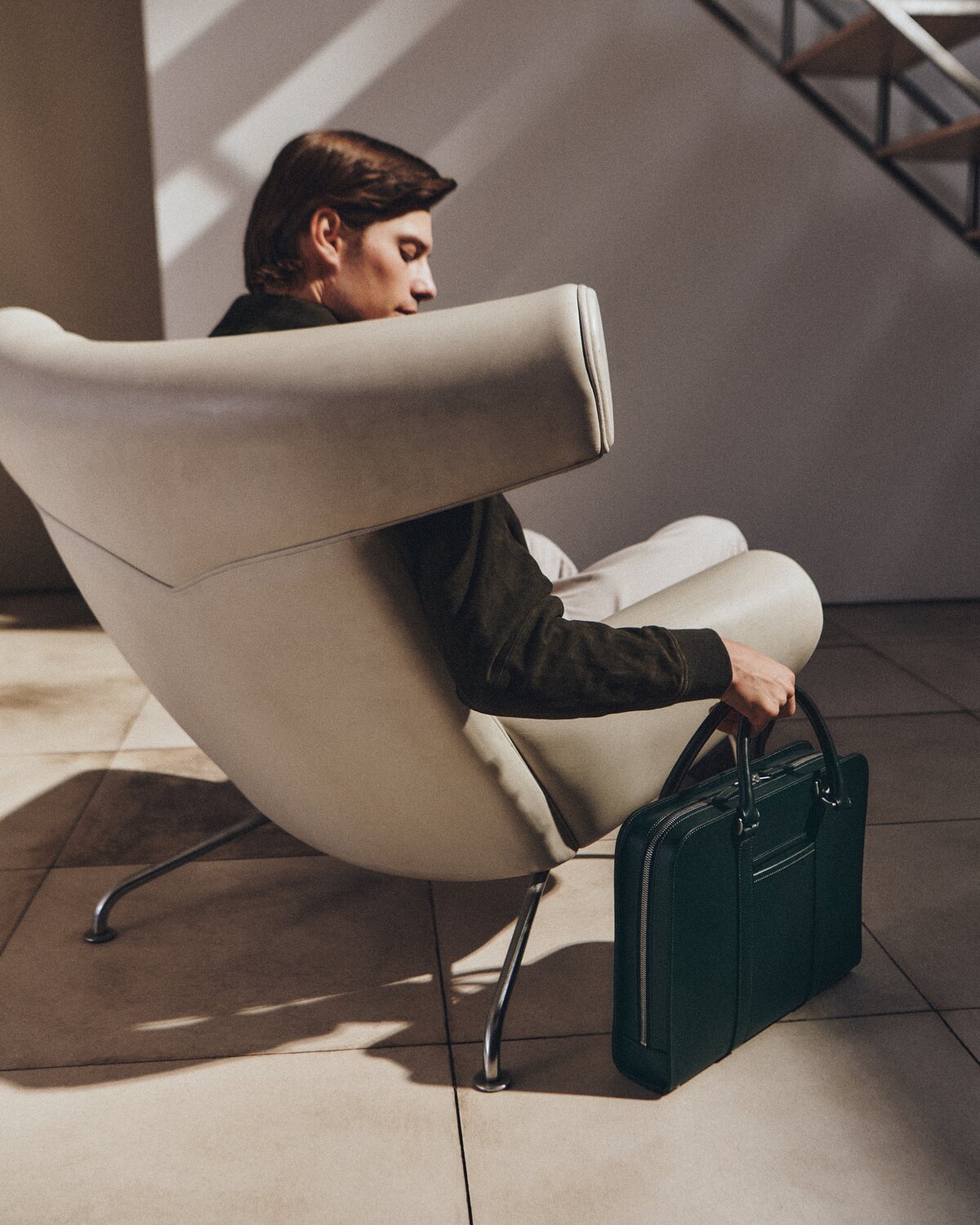
Palissy Briefcase
Sleep tourism locations
Whether you’re looking for sleep-enhancing natural remedies or the opportunity to sleep under the stars in a tranquil wood cabin, the sleep tourism industry has a lot to offer.
1. The Cadogan, London
Designed in partnership with a leading hypnotherapist & sleep expert, The Cadogan’s ‘Sleep Concierge’ service promises sleep-inducing meditation, a pillow menu, bedtime teas and 1-2-1 sessions to get to the heart of guests’ insomnia problems.
2. Hästens’ Sleep SPA Boutique Hotel, Portugal
Hästens — the world’s leading luxury bedmaker since 1852 — opened up a 15-room micro-hotel named ‘Sleep Spa in 2021’. Based in Coimbra, it offers a unique wellness experience that consists of acoustic insulation, sleep literature and, of course, Hästens’ industry-leading bedding.
3. Six Senses, international
The sleep wellness programme at Six Senses is comprehensive, to say the least. Expect a sleep consultation with the resident doctor and a tailored schedule to follow. This could consist of yoga, guest-specific diets, meditations and group relaxation activities. The ultimate goal is to establish a ‘sustainable sleep routine’.
4. Unplugged, England
A slightly leftfield option that doesn’t carry the premium price tag of top-tier sleep hotels. Unplugged cabins are situated across the idyllic English countryside. Exposure to nature and digital detoxing is the method of choice for improving circadian rhythms here, with no Wi-Fi and padlocked draws for phones.
5. Selina Agafay Nomad Camp, Morocco
Situated beside the Atlas Mountains, Selina Agafay offers an oasis desert experience. The glamping-style accommodation (if you can consider a tent with a top-tier bed, air conditioning and private mini-pool as such) gives clientele the chance to rest up underneath the stars — proven to help to reset internal clocks and decrease stress.
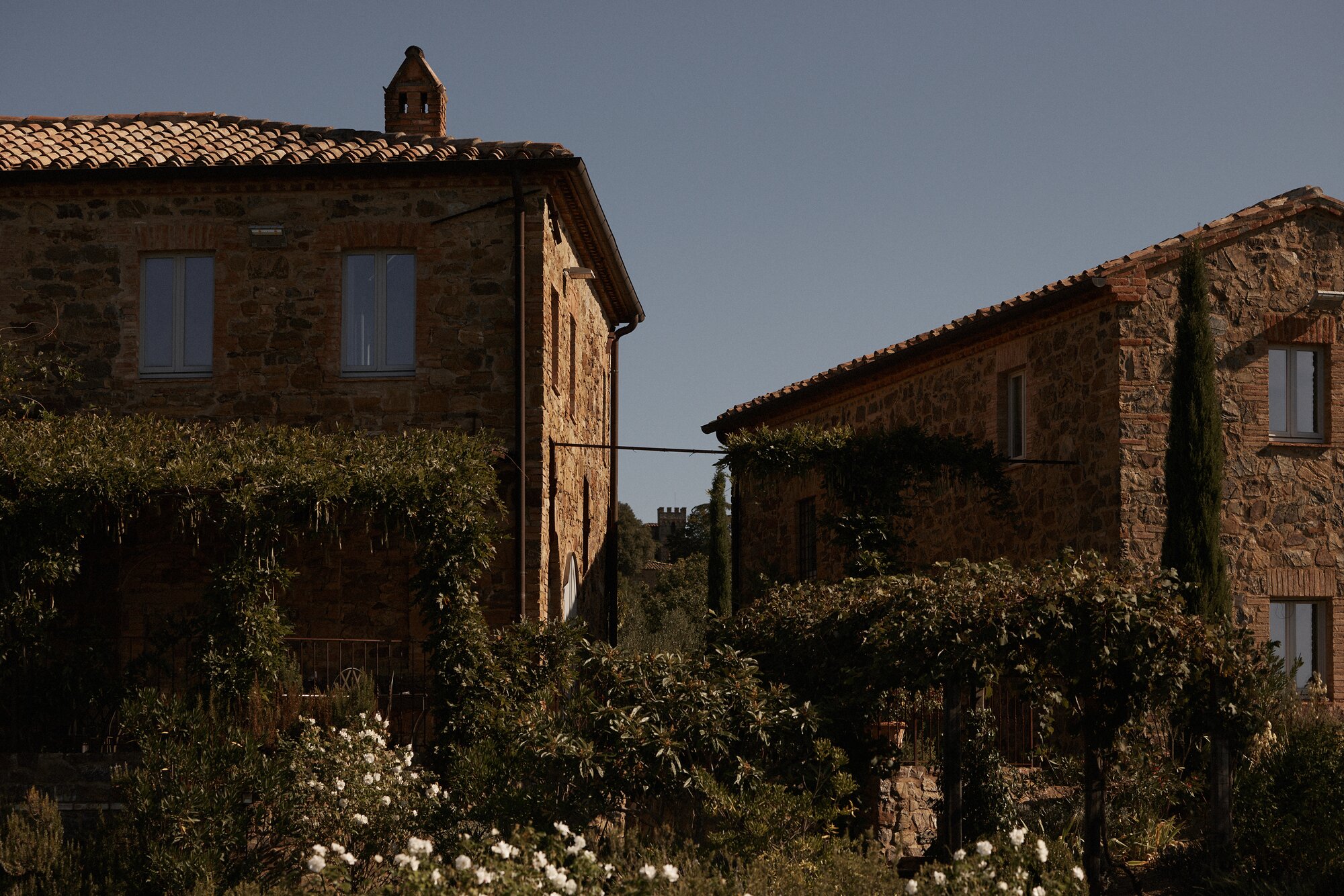
Palissy Weekend
Carl Friedrik luggage
If you’re headed on a restoration vacation, be sure to check out our premium luggage and leather bags collections. They’re designed to make travel as stress-free as a night in a luxury sleep-centric hotel.
Each travel case is fitted with practical, travel-sensitive features to elevate your experience. From the hard-shell front pocket on The Carry-on X that’s ideal for storing electronic devices to Palissy Weekend’s easy-access slip pocket — perfect for quickly retrieving your passport.
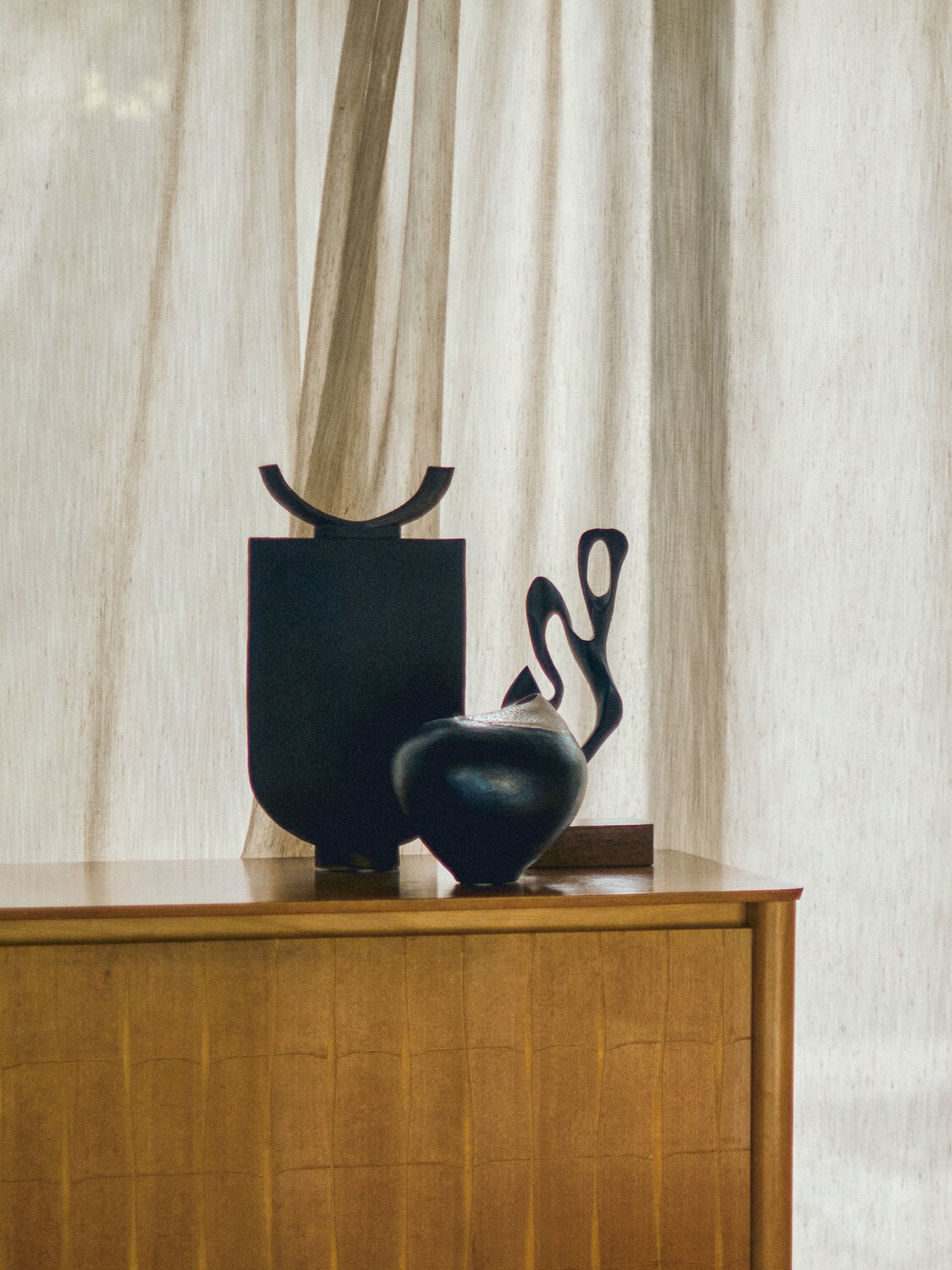
Compact Weekender
Takeaway
With conversations around wellness and the importance of sleep continuing to gain traction, sleep tourism is going to continue trending up in the coming years. Why not give it a go?
What is sleep tourism?
The latest product news and travel guides? It's just a sign-up away.
